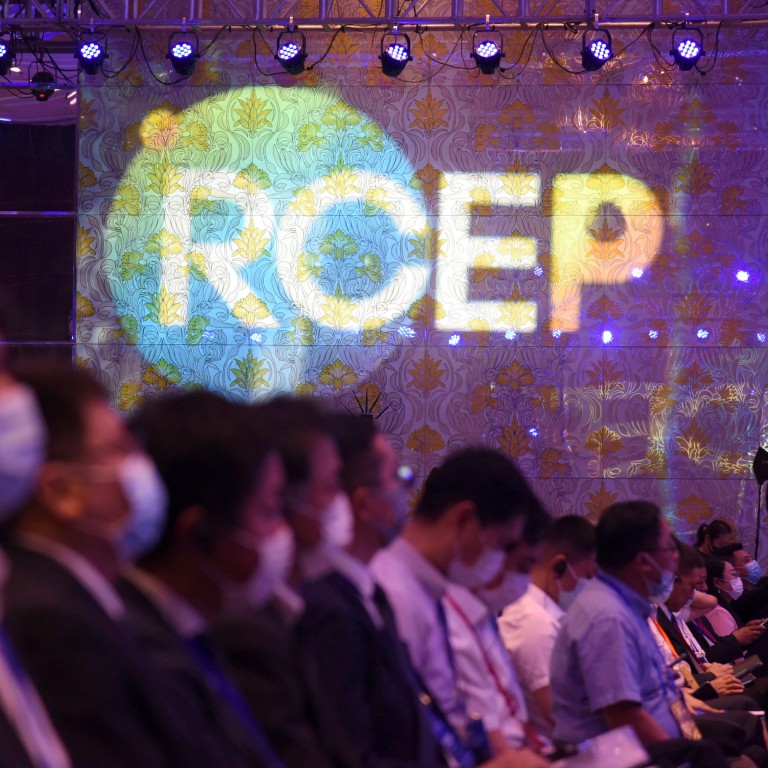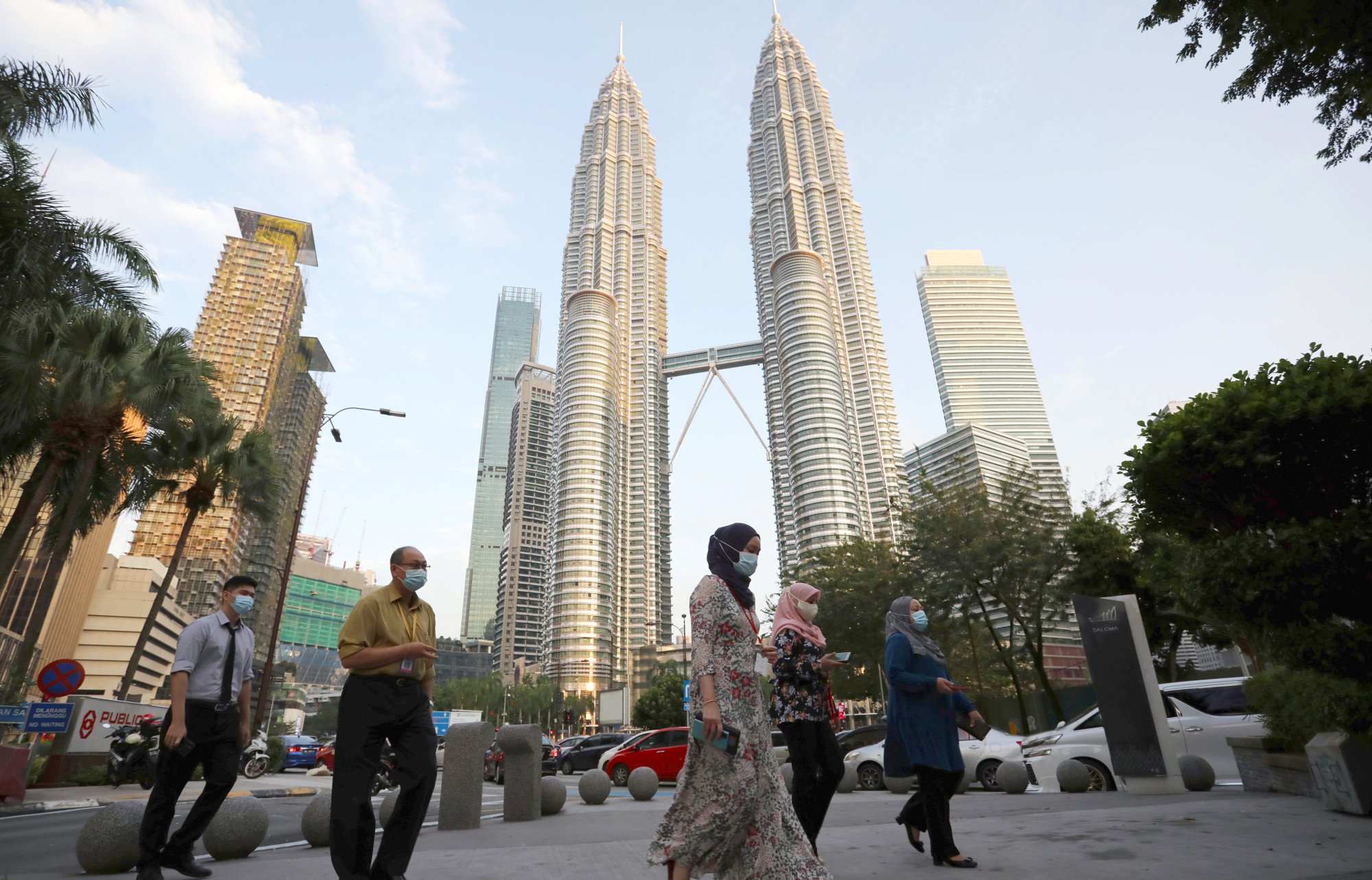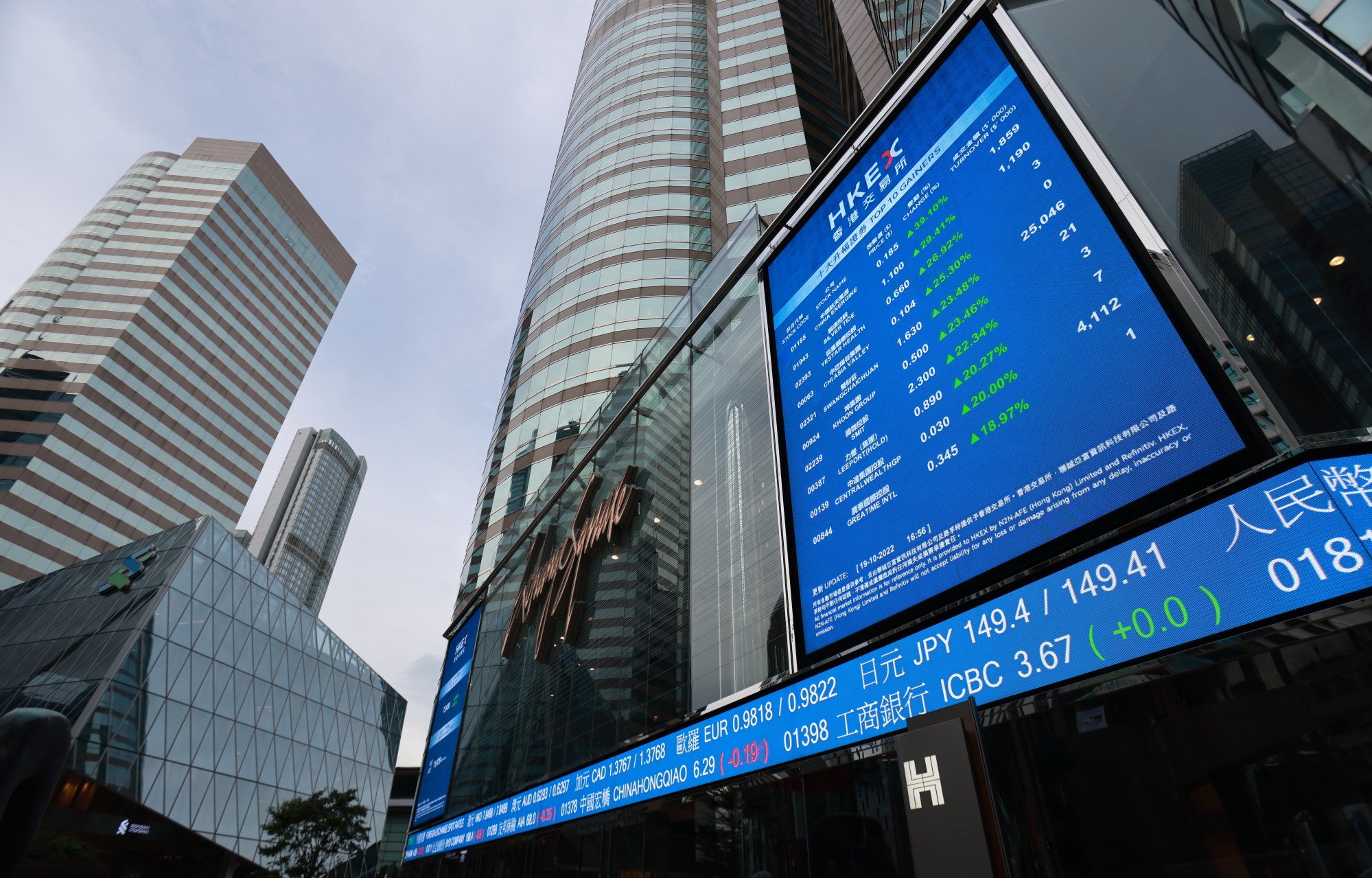
Hong Kong is the key to stronger China-Asean ties
- As opportunities for cooperation between China and Asean grow, Hong Kong can benefit from its long-standing ties with both
- Hong Kong has the infrastructure and expertise to facilitate trade, investment and cultural changes between the two
Hong Kong is strategically located on the route connecting mainland China with the world’s fastest-growing market, the Association of Southeast Asian Nations (Asean). The city is also one of the few places with long-standing, robust connections with both.
Combined, the 10-member Asean is the world’s fifth largest economy, and is on track to become the fourth by the end of this decade. It is also the world’s third-most populous economy with a combined population of 660 million in 2020.
With a median age of 30.3 years, the region’s young population has enormous consumption power. The World Economic Forum has predicted that in the next 10 years, Asean will add 140 million consumers to the global market, while its GDP per capita will grow at an average annual rate of 4 per cent.

As an international financial, trading and logistics centre, Hong Kong is uniquely endowed to play a crucial role in China-Asean relations. The city is also located within a five-hour flight to all Asean capitals and other major Chinese cities.
Both China and Asean have already gained from engaging with each other via Hong Kong. There were 84 Asean-headquartered or incorporated companies listed on the Hong Kong stock exchange as of December 2021 – the highest tally for a non-Asean stock market.
Hong Kong is also an important entrepot for merchandise trade between Asean and mainland China. Re-export trade between the two economies through Hong Kong amounted to HK$624.1 billion in 2021, with an average growth rate in trade volume of 7.4 per cent between 2017 and 2021.

With these pacts, Hong Kong can help Asean companies set up projects in mainland China, and vice versa, supplying funding and know-how on both sides of the equation.
On the corporate side, the funding and investment needs of both Asean and mainland Chinese corporations can be effectively handled in Hong Kong. In addition to networks and connections, our world-class exhibition venues are the ideal settings to host interpersonal exchanges for these corporations.

Asean has been Hong Kong’s second-largest trading partner after mainland China since 2010. Bilateral trade between Hong Kong and Asean grew by 5.5 per cent per annum between 2016 and 2020.
In 2020, foreign direct investments from Hong Kong to the Asean rose to 10.5 per cent of the total FDI absorbed by the region (excluding intra-Asean investment), making Hong Kong the second largest source of FDI for the region.
Even more significant is the Asean’s relationship with mainland China, which has been the region’s largest trading partner since 2009.
Beyond its economic potential, the Asean’s young and increasingly well-educated, digital-savvy population also represents a deep well of future talent that Hong Kong’s multinationals and start-ups can draw upon.
Hong Kong is well placed to provide Asean students with world-class education by setting up overseas campuses of our best universities. There’s also room for Hong Kong to play host to Asean scholars who wish to engage in China studies here.
The Hong Kong-Asean Foundation, a platform promoting ties between Hong Kong and Asean, will support a wide spectrum of cultural and academic enrichment programmes, including study field trips, exchange programmes and internships. Over the next three years, we plan to support up to 500 students from 20 universities in Hong Kong and Asean.
The ongoing development and abundant human potential within Asean nations offers boundless opportunities. China and Asean have much to gain from closer, more robust and multidimensional ties, while Hong Kong, situated at the very centre of this dynamic region, has the ability to forge them.

